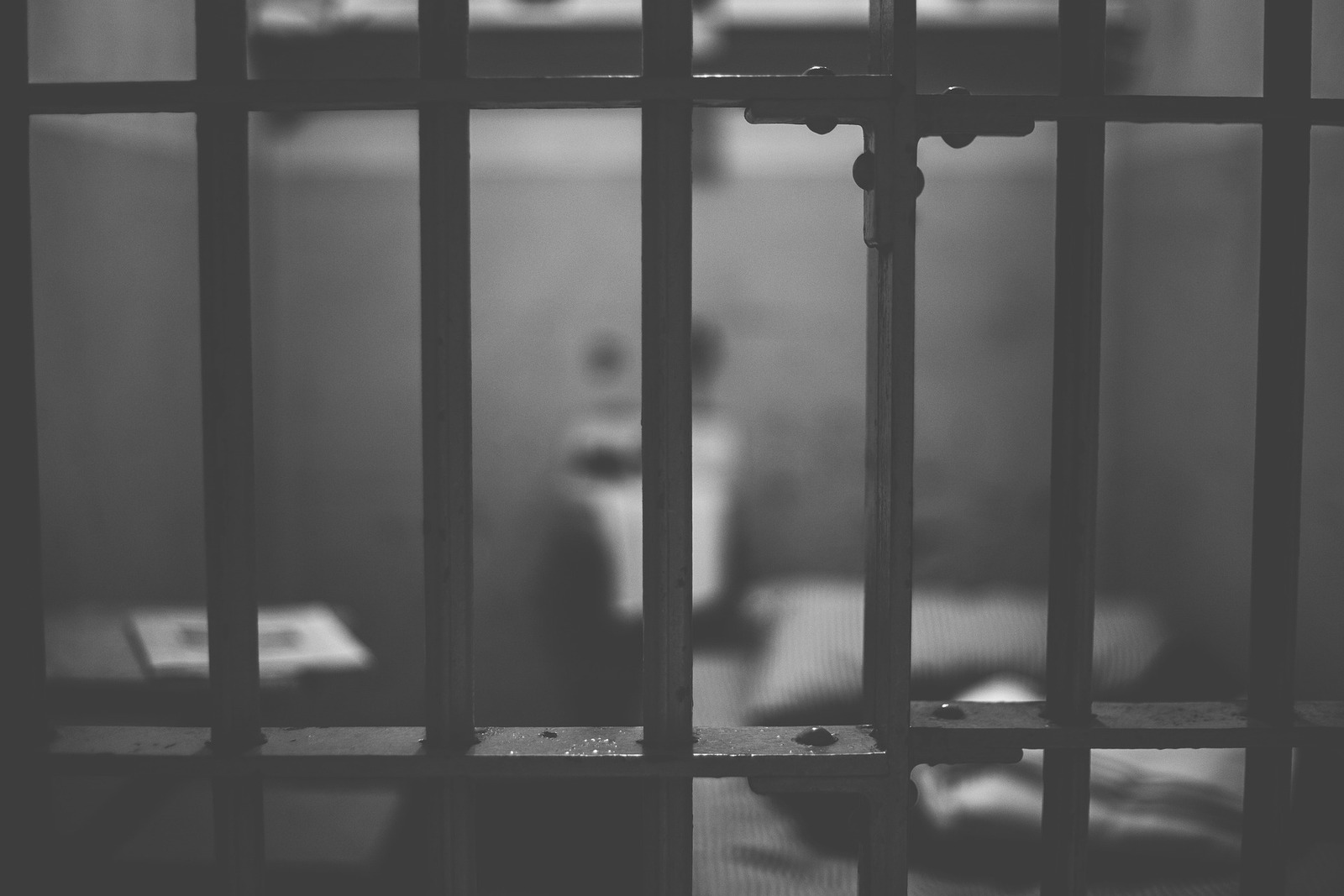A new law went into effect in July 2022 that limits how Colorado jails and prisons can use solitary confinement for people with certain mental and physical health needs. Some advocates saw the law as a small step forward toward the elimination of solitary confinement, which is associated with numerous health risks including increased suicide risk. Those advocates are right. It would be a small step forward, but only if it were fully implemented.
Full implementation, however, is difficult to accomplish in many, perhaps most, counties. For example, Boulder County Jail, where more than half of the individuals incarcerated have a clinically diagnosed mental health condition, is so far unable to implement the law. Infrastructure issues and workforce shortcomings, along with gaps and failures across local health care partnerships, continue to leave Boulder County Jail in the untenable position of relying upon harmful segregation and isolation as the crude, blunt tool for preventing harm more than a year after the new law went into effect.
The situation exposes a tension at the core of many efforts to lower rates of incarceration and improve conditions behind bars. Even when the intent is there from all parties — and even when the legislation is there — there is scarce progress with implementation when only the Sheriff’s Office is responsible for the change in practice.
Without another appropriate way to provide health care, jails and prisons will continue to rely on solitary confinement (commonly known by the euphemism of restrictive housing) when a person in custody experiences a mental health crisis or is seriously mentally ill. To end this harmful practice, sheriffs need another viable — and more humane — way to respond to mental health crises.
If an individual in a jail experiences a physical health emergency, such as a stroke, the jail will typically transfer them to a healthcare facility for treatment. While there is much to be improved about how jails and prisons handle physical health needs, this path often does not exist at all for mental health emergencies, and it’s not always the fault of the Sheriff’s Office. Hospitals and other healthcare facilities may turn away seriously mentally ill individuals in the custody of the Sheriff’s Office, leaving jails with no options. Jails, which are not staffed or designed to function as health care facilities, turn to the same harmful practices they’ve used for years in counties all over America where there is no civil health care system for people with mental health needs.
States, counties and municipalities must create local civil systems of care that are accountable for individuals with serious unmet health needs, and that are responsive partners to police and to Sheriff’s Offices that are seeking appropriate ways to care for individuals in their custody, and for individuals they’d rather not arrest. Through persistent failure to create civil systems of care, states, counties and municipalities – officials and taxpayers alike – force jails to act as healthcare facilities, and they can’t and shouldn’t.
If we do not take a long-term, preventive approach, the systems we rely on will continue to be overwhelmed and peoples’ health needs will go unmet. With an ever-flowing pipeline of people with unmet mental health needs, the limited crisis response systems, like 9-8-8 and emergency first responders, will never keep up and people will be funneled into a criminal legal system that exacerbates their issues instead of addressing them.
For example, a range of in-patient care and supportive housing in every community is essential to stemming the mental health crisis. Without stable housing, it is immensely difficult to meet one’s physical or mental health needs. An investment in affordable and supportive housing is also an investment in mental health. With fewer people in crisis, facilities will be more capable of meeting the needs of those who do find themselves in extreme circumstances and counties can begin to wean themselves of their reliance upon jails to function as mental health concentration centers.
It might be tempting to consider the challenges that counties like Boulder face in implementing reforms and think that we should just give up. That would be a mistake. We must continue to hold ourselves to a humane standard. We just also need to work in tandem to ensure that we can take actual steps to meet the goals. As we make recommendations, we can also hold an understanding that recommendations and laws on their own will not change people’s lives unless those laws are enforceable and health care and service provider partners are accountable to community needs.
This is a mission that serves us all. We must commit to full parity of mental with physical health, and hold ourselves and our partners accountable to build healthier, safer communities.
Vincent Atchity is a member of the Colorado Jail Standards Commission and president and chief executive officer of Mental Health Colorado and leads the organization’s national Care Not Cuffs initiative working to disentangle mental health and criminal justice.











